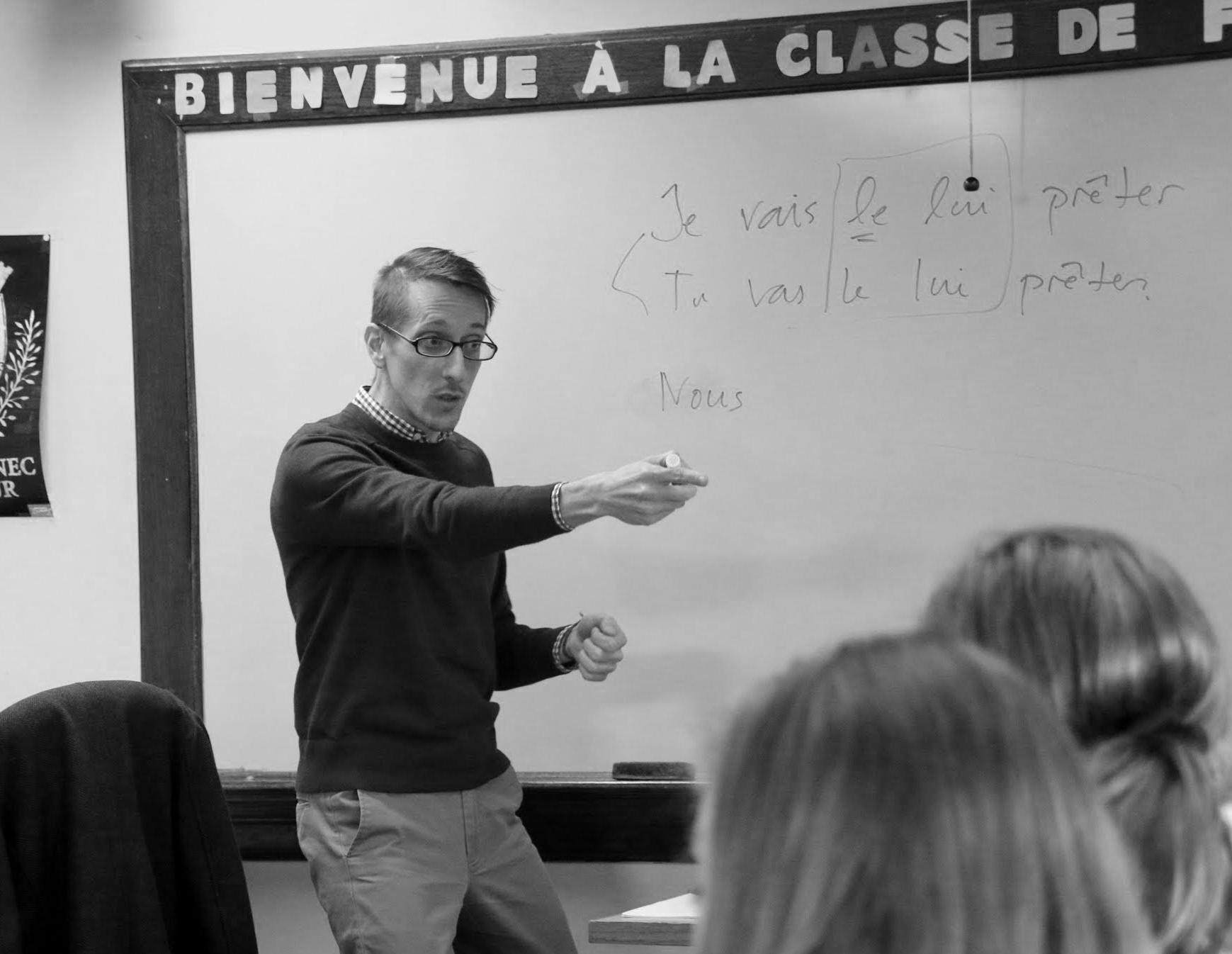
3 minute read
Ethics
ETHICS ETHICS
Because Ethel Walker believed that character matters as much as knowledge, Walker’s is committed to helping students value individual differences, make sound moral judgments, and live an examined life. Toward these ends, students are required to take a one-semester course that focuses first on philosophy, ethical theory, and on current ethical issues facing our world. Each course in this section fulfills the Ethics graduation requirement.
Advertisement
A student who enrolls at Walker’s during her junior year or earlier must take at least .5 credits in Ethics. Courses that fulfill the ethics requirement include Introduction to Ethical Reasoning, Religion and Culture, Inequality in the U.S. (offered through the History department) and English 12: Speaking Truth to Power (offered through the English department).
INEQUALITY IN THE UNITED STATES Open to Grades 11-12 Credit: .5 This course will introduce students to systems of social inequality in the United States. We will investigate the structural, interpersonal and social dimensions of oppression. Course materials will explore the ways that racism, classism, sexism, heterosexism, trans oppression, and religious oppression have developed over time as well as the ways they impact each of us every day. Students will develop the language, tools and skills to create positive social change.
RELIGION AND CULTURE Open to Grades 11-12 Credit: .5 Religion is a universal feature of human groups. All cultures seek answers to questions about their place in the cosmos: Who are we? How did we get here? What is our purpose here? While the questions are similar, the answers differ, and the ways religious beliefs manifest themselves offer a rich kaleidoscope of practices, myths, rituals, texts, and symbols to study. Knowledge about the world’s religions has become increasingly important as students prepare to act as informed global citizens in a hyper-connected and increasingly pluralistic world. Students will engage in an appreciative study of how our world’s religions function, what traits they share, the ways in which they are different, and how they help their adherents to lead meaningful, ethical lives and answer life’s greatest questions. Religions of study will include but not be limited to Indigenous Sacred Ways, Buddhism, Hinduism, Islam, Judaism, and Christianity.
INTRODUCTION TO ETHICAL REASONING Open to Grades 11-12 Credit: .5 Human society has always looked for answers to big questions: Why am I here? What is my place in society? How should I behave toward others? What is the nature of good and evil? This course introduces students to tracts of moral and political philosophy from Aristotle to Nussbaum. Ethical reasoning is applied to an examination of contemporary issues such as bioengineering, human rights, social justice, our relationship to the natural world, and the obligations of citizenship. Students will be encouraged to use what they are learning as a framework to develop and support their own opinions on these topics.
ENGLISH 12: SPEAKING TRUTH TO POWER: THE LITERATURE OF RESISTANCE AND HOPE Open to Grade 12 English 12: Speaking Truth to Power is an English elective that also fulfills the ethics requirement. Credit: .5 This course will examine fiction, essays, poetry, plays, and other literary works that aim to reveal and improve the lives of the oppressed. The course will focus primarily on works written by and about marginalized people, but will also examine the roots of the ethical and philosophical principles behind their resistance, successful or not, in the face of injustice. How can we fight evil? What has worked? What do our stories tell us about being able to shape the world for the better? This course will also look at the social change sparked by writing and writers. Students in this course will be expected to discuss difficult issues with compassion, curiosity and respect.







